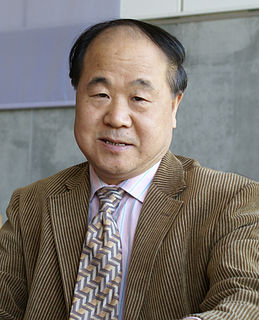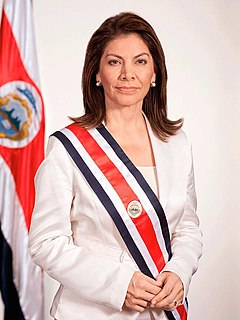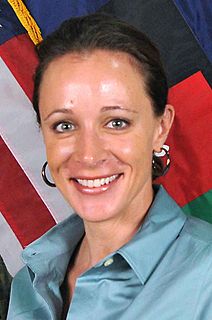A Quote by Amitabh Bachchan
My father is a poet. He's a literary giant of this country - writes in Hindi - and also quite unique because he has a Ph.D. in English Literature. He taught at Harvard University, which is one of the most prominent universities in the country.
Related Quotes
[My father] was a banker. He was the president of the Cambridge Trust Company, the head of the trust department, and he taught classes at the Harvard Business School. And he was a member of the Harvard Faculty Club, which I am, too, because what I did is... I have the same name as my father, only Jr.
I think the whole emphasis in England, in universities, on practical criticism (but not that so much as on historical criticism, knowing what period a line comes from) this is almost paralysing. In America, in University, we read - what? - T. S. Eliot, Dylan Thomas, Yeats, that is where we began. Shakespeare flaunted in the background. I'm not sure I agree with this, but I think that' for the young poet, the writing poet, it is not quite so frightening to go to university in America as it is in England, for these reasons.
I had a certificate that said, 'Doctor of Mixology, Harvard University,' that I actually got from Harvard University. A friend of mine was a research assistant over there and it was one of those student or university perks and she brought me in on that. So I am a doctorate from Harvard and it only took me one afternoon.
The settler makes history and is conscious of making it. And because he constantly refers to the history of his mother country, he clearly indicates that he himself is the extension of that mother country. Thus the history which he writes is not the history of the country which he plunders but the history of his own nation in regard to all that she skims off, all that she violates and starves.
There was never a choice to sing in English or French, that's the thing. We started a band and sang right away in English. You reproduce the thing you like, and most of the bands we liked were coming from England or the U.S. We also came to cherish the fact that there was no one in France singing in English -we were so happy Phoenix to be the first. Even if we are traitors to France, our country, which I'll never understand, because we talk about things that are very French.
Iran is not in any sort of routine groupings. It's not an Arab country. It's not part of the Indian subcontinent. So it's in a neighborhood where it has some unique characteristics. We are a country which embraced Islam, learned Arabic, but didn't change its language or its culture... That's what keeps us unique.
I've probably read maybe by now fifteen, twenty books on Matthew. I'd say the authors I like best are an English fellow named Michael Goulder, who taught at the University of Birmingham in England, and he writes about the Jewish background in Matthew's gospel, which is part of what I was just talking about, which is just really thrilling to me.




































